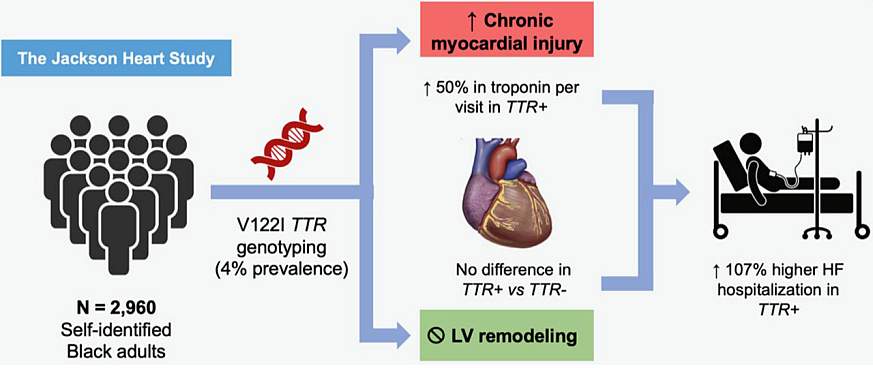It’s crucial to approach discussions about diseases and genetic predispositions with care, as attributing health disparities solely to genetics can oversimplify the complex interactions of genetic, environmental, and socio-economic factors. Additionally, research often highlights that health disparities are the result of a combination of factors rather than genetics alone. However, there are certain health conditions that may exhibit differences in prevalence among various populations. It’s essential to avoid perpetuating stereotypes and to consider the multifaceted nature of health disparities. With that in mind, here are 15 health conditions that have been observed more frequently in some black populations:
- Sickle Cell Disease: Sickle cell disease is a genetic disorder more common in individuals of African descent. It involves abnormal hemoglobin, leading to misshapen red blood cells and potential health complications.
- Hypertension (High Blood Pressure): Some studies suggest a genetic predisposition to hypertension in black populations, emphasizing the importance of lifestyle modifications and early interventions.
- Type 2 Diabetes: While genetics may contribute, lifestyle and environmental factors play a significant role in the higher prevalence of type 2 diabetes in some black communities.
- Breast Cancer: Certain genetic mutations, like BRCA1 and BRCA2, are associated with an increased risk of breast cancer, and these mutations can be more prevalent in some African American populations.
- Prostate Cancer: Genetic factors may contribute to the higher incidence of prostate cancer in black men, emphasizing the importance of tailored screening and early detection.
- Lupus: Lupus, an autoimmune disease, may have a genetic component and is observed more frequently in African American women.
- Alzheimer’s Disease: Some genetic factors may contribute to an increased risk of Alzheimer’s disease in certain populations, including African Americans.
- Colon Cancer: Genetic markers, along with environmental factors, can influence the higher rates of colon cancer observed in some black individuals.
- Asthma: Genetic susceptibility, combined with environmental factors, may contribute to the higher prevalence of asthma in black communities.
- Cardiovascular Diseases: Genetic factors may contribute to the increased risk of cardiovascular diseases, emphasizing the need for personalized prevention and treatment strategies.
- Multiple Myeloma: Genetic predispositions may play a role in the higher incidence of multiple myeloma in African Americans.
- Glaucoma: Genetic influences may contribute to the higher rates of glaucoma observed in some black individuals.
- Chronic Kidney Disease: Genetic considerations may contribute to the elevated risk of chronic kidney disease in certain black populations.
- Obesity: Genetic factors may influence susceptibility to obesity, but lifestyle and socio-economic factors also play crucial roles.
- Gout: Genetic predispositions can contribute to the higher prevalence of gout in some black individuals.
It’s important to emphasize that genetics is just one component of a complex web of factors influencing health outcomes. Socio-economic factors, access to healthcare, lifestyle choices, and environmental influences all contribute significantly to health disparities. Addressing these disparities requires a holistic and inclusive approach that considers the diversity within and across populations.





